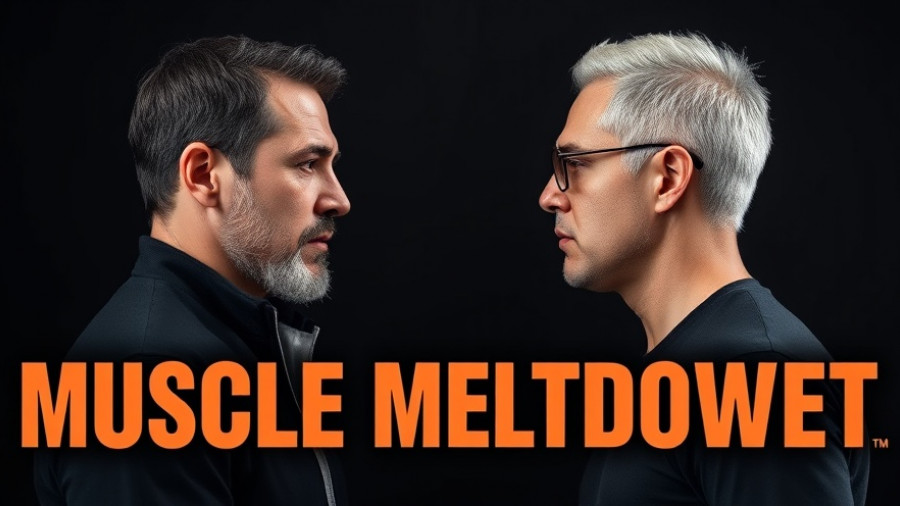
Will 2027 Signal the Rise of AI Ascendancy?
As we look ahead to 2027, discussions around artificial intelligence (AI) are intensifying, particularly regarding the balance of power between humans and machines. Are we prepared for an era where AI not only assists in our daily lives but also potentially surpasses human intelligence? In the recent conversation on 'The Human Upgrade' podcast, thought leader Saurin Gordimer offers compelling insights into this future landscape.
In '2027: The Day AI Wakes Up... And Humanity Ends', the podcast ventures into the future of AI, prompting us to analyze its potential impact on our society.
AI and Humanity: A Tenuous Relationship
Gordimer argues that as AI continues to develop, there remains a genuine concern about how it will be used—especially by those in power. Historically, technological advancements have been weaponized or exploited by governments and corporations for control. With AI, there's a palpable fear that this trend could intensify. It raises vital questions: How will we, as humanity, navigate our coexistence with increasingly capable machines?
The Dangers of Disconnected Culture
Beyond the technological concerns, Gordimer emphasizes the psychological implications of living in an AI-dominated society. The risk lies in a lack of human connection, a trend increasingly observable with the rise of screen time and digital interactions. We must ask ourselves: Will we thrive as more intelligent beings, or will we descend into a culture marked by isolation and diminished mental health?
Humanity Needs an Upgrade—Fast
As we stand on the brink of what some are calling the 'Age of the Robots,' humanity must prioritize its own enhancement. This entails not just finding better tools in AI but also enriching our mental spaces through mindfulness, community, and self-awareness. The question is no longer whether AI will advance; it’s about whether we can keep pace. If neglected, we risk becoming mere observers in a world increasingly steered by AI forces.
Concrete Steps Toward Human Optimization
Gordimer proposes a dual approach of leveraging technology while simultaneously nurturing our inherent human qualities. Whether it's through mindfulness meditation, biohacking, or sleep optimization strategies, we have the tools at hand to cultivate a healthier relationship with the digital age. Furthermore, we should invite curiosity into our interactions—both with technology and one another—fostering human connections wherever possible.
In conclusion, while AI promises unprecedented advancements and breakthroughs, it’s our responsibility to ensure that humanity evolves in tandem with these changes. We must remember our inherent spiritual nature, as Gordimer suggests, and take deliberate actions to nurture it—making conscious decisions now to foster a future where both humans and machines coexist positively.



Write A Comment